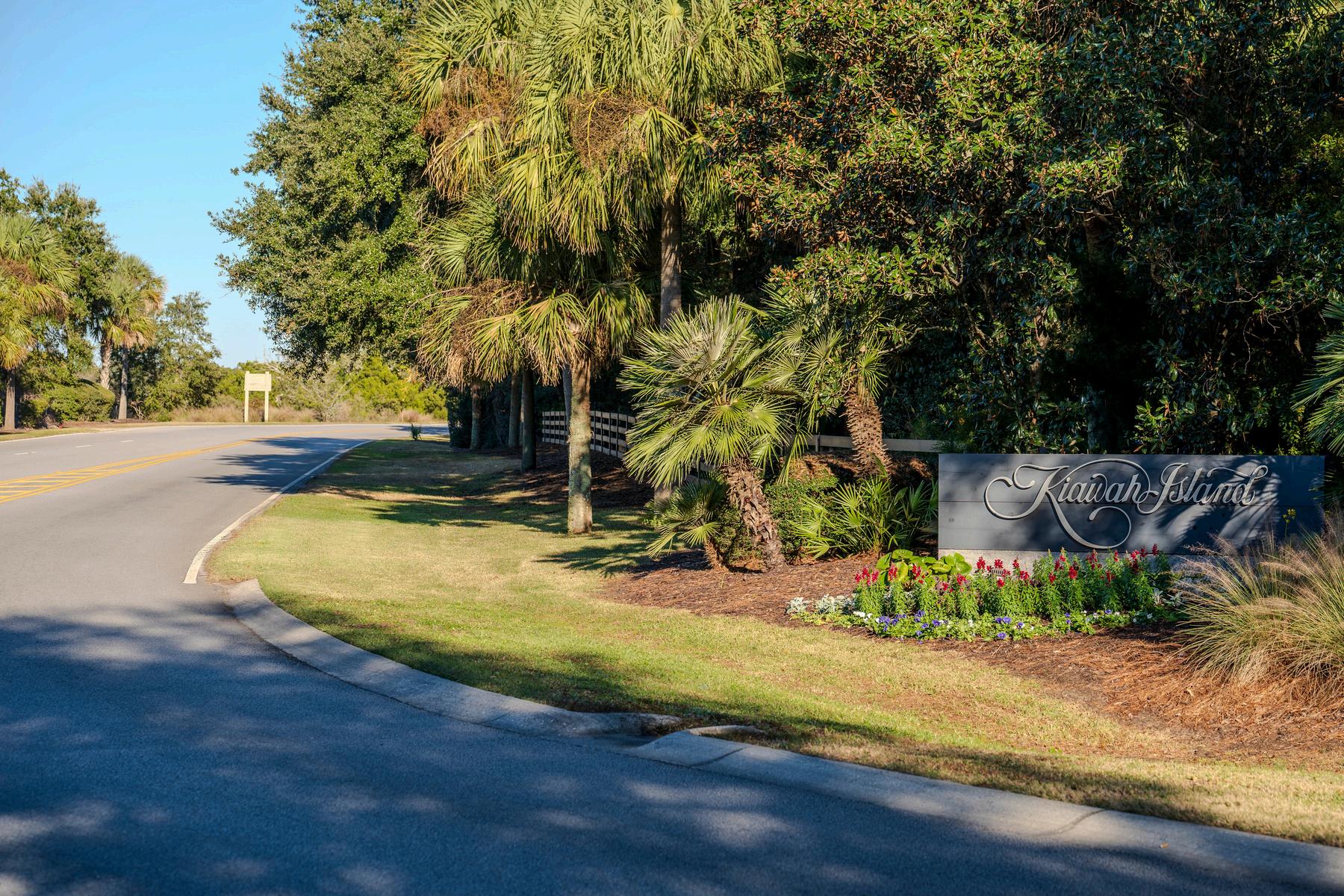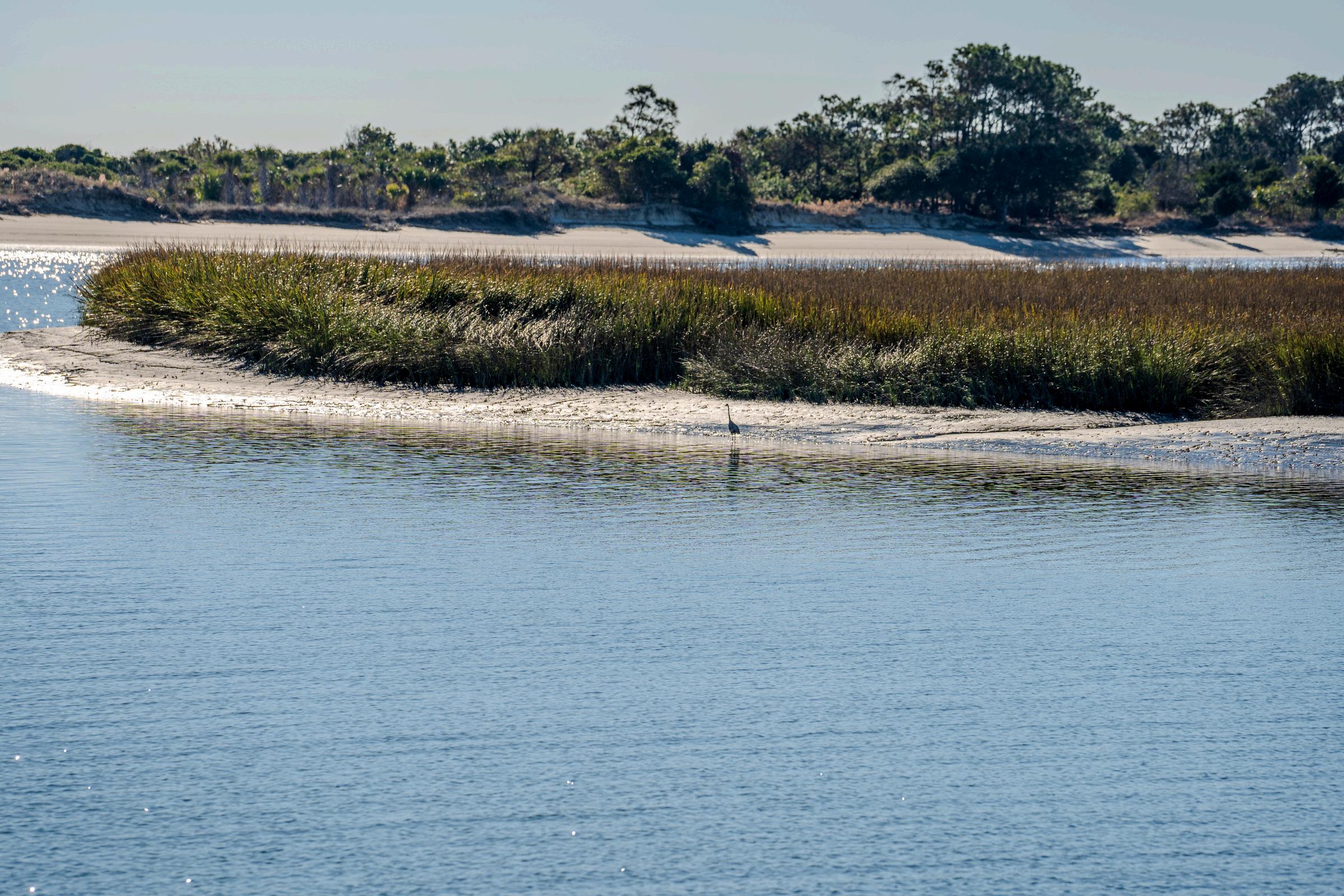
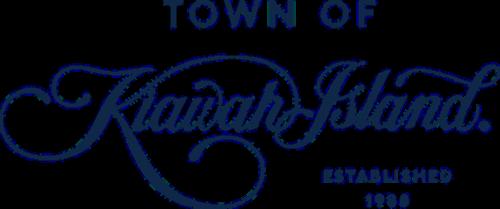



Dear Kiawah Island Community:
I am pleased to provide the FY 2025-2026 “Budget at a Glance,” which provides an overview of the Town’s revenues and expenditures. This budget summary highlights some of the unique aspects of the Town’s finances:
The FY 2025-26 budget projects a surplus of $2.4 million based on $17.6 million in projected revenues and $15.1 million in budgeted expenditures. 57% of budgeted Town revenues are unrestricted funds, including business license and permitting fees, solid waste fees, franchise fees, and investment income. The Town has some discretion to adjust certain of these fees if necessary. 43% of budgeted revenues constitute restricted funds, including accommodation and hospitality taxes. The Town has limited discretion to adjust these revenues and funds must be used for specific purposes generally related to attracting or providing for visitors to Kiawah.
No property taxes are collected by the Town; property taxes are paid directly to Charleston County. These taxes fund County provided services, such as schools, law enforcement, and emergency management services.
What underpins the Town budget is a commitment to responsible stewardship of public funds. Town Councils have traditionally taken a very conservative approach with regard to both revenues and expenditures, which is also the case for this coming fiscal year. This approach has in large measure resulted in the Town’s accumulated reserves of $45 million as of the end of this past fiscal year; a level that is extraordinary by any measure. The GFOA recommends that municipalities have cash reserves to cover 3-6 months of operating expenses. The Town’s unrestricted cash reserves of $24 million would cover approximately 2.5 years of operating expenses. In addition, restricted funds may also be used to cover some operating expenditures. Reserves are also substantially in excess of the replacement value of all Town infrastructure assets. As we look to the future, the question is whether some portion of reserves should be judiciously tapped to fund capital projects and strategic priorities.
This budget begins to answer this question and reflect some strategic priorities. In addition to normal administrative functions, some highlights ofTown supported services and programs include providing complimentary curbside solid waste service and a credit for additional solid waste services to property owners; enhancing landscaping along Beachwalker Drive, Kiawah Island Parkway, and at the roundabout entering the Town; and expansion of and improvements to the Town-owned leisure trails. The budget further promotes environmental stewardship through beach, marsh and wildlife management programs, funds an expanding array of arts and cultural programs, and supports the broader Sea Islands community through the Town’s charitable grants program and community engagement initiatives. The Town is also sponsoring an architectural design competition for a proposed civic and cultural center addition to Town Hall, intended to provide a dedicated space for cultural events, performing arts programs, and community gatherings.
The Town strives to be fully transparent with regard to all aspects of the Town’s finances. The budget is proposed by the Mayor with the assistance of the Town Finance Director and Finance Department staff and presented to the Ways and Means Committee and Town Council for review, discussion and approval in a series of public meetings. Citizens can find much more detailed information on our website, including the full budget, quarterly financial statements, and annual comprehensive financial reports at www.kiawahisland.org/transparency.
Ensuring the integrity of the Town’s finances is of paramount importance. To that end, this past year the Town Council approved significant changes to the Town’s Accounting Policies and Procedures manual to strengthen internal controls and meet best practices. The Council also approved substantial changes to the Town’s procurement ordinance designed to both streamline and strengthen the process for purchasing or contracting for goods and services. The Town is in the process of retaining an outside auditing firm to provide an independent assessment of internal controls; this is in addition to the required annual audit of the Town’s financial statements.
With the support of the Town Council and dedication ofTown staff, the Town continues to be committed to accessible, accountable, and transparent government practices.
Sincerely,
Bradley D. Belt Mayor
The Town of Kiawah Island is dedicated to protecting the health, safety, and welfare of all who live, visit, or work on the island. At the direction of the Mayor and Town Council, staff oversee essential services including public safety, planning and zoning, wildlife management, code enforcement, recycling, and emergency preparedness. By working in partnership with key stakeholders, the Town supports efforts to maintain Kiawah’s distinctive character and quality of life for current and future generations.








Beach patrol, code enforcement, and disaster planning. The Charleston County Sheriff’s Office (CCSO) is responsible for law enforcement services for Kiawah and the Town contracts additional deputy coverage through CCSO for enhanced police protection.
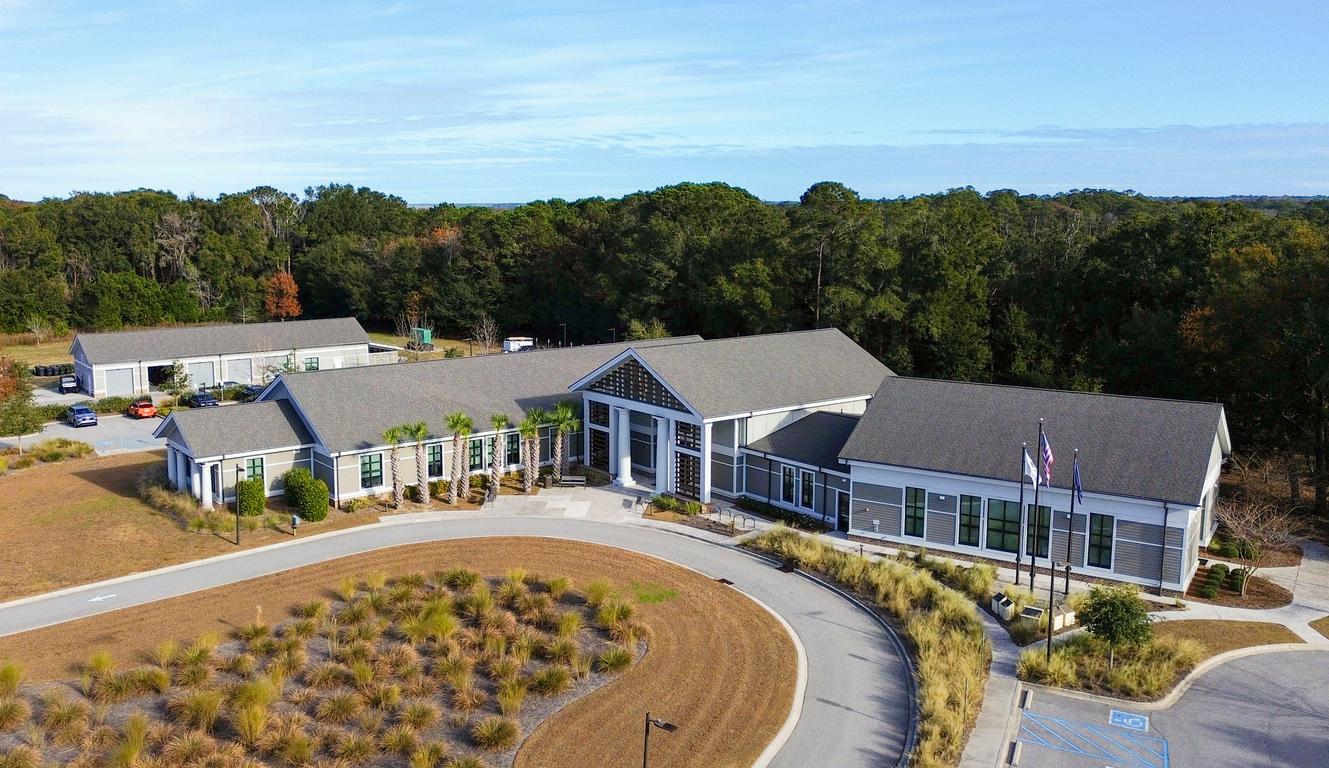
Maintenance of Beachwalker Drive and the portion of Kiawah Island Parkway from the roundabout at Freshfields Village to the front gate; the Municipal Center; and the Town’s leisure trails.
Collection and disposal of garbage, recycling, yard debris, brown trash, and household hazardous waste. This also covers trash services on the beach and trash and recycling services at Kestrel Court and the KICA Administrative Building.
Zoning and land development regulations, zoning permits, re-zonings, planned developments, variance and special exception requests, site plan reviews, and appeals of administrative decisions.
Monitor beach and marsh health, wildlife population, conduct research, habitat management, nuisance/injured wildlife response, education, and outreach.
Business licensing, building permits, and inspection processes for all commercial and residential projects within the Town.
Public information on routine and emergency operations through various mediums, including the Town website, mobile app, enewsletter, social media, and podcast series.
Annual arts and cultural events for the community.
Tourism promotion through allocations of the Accommodation Taxes and HospitalityTax.
Cases involving violations ofTown ordinances and exercises additional criminal jurisdiction powers conferred by state law upon magistrates.
$17.6 Million
Restricted and Unrestricted Funds


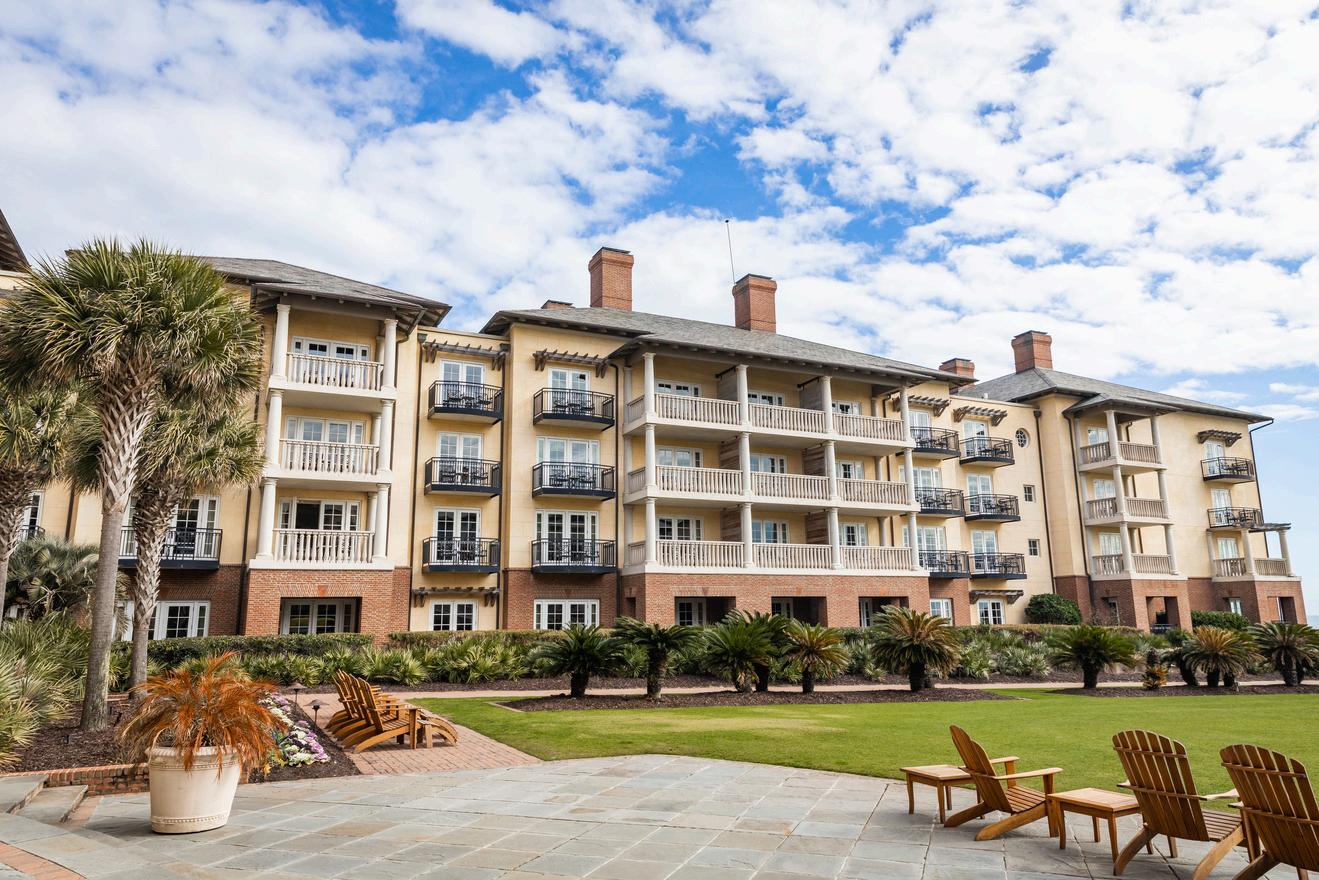
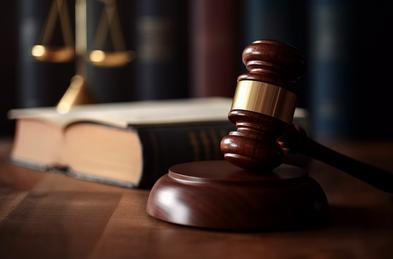
Other
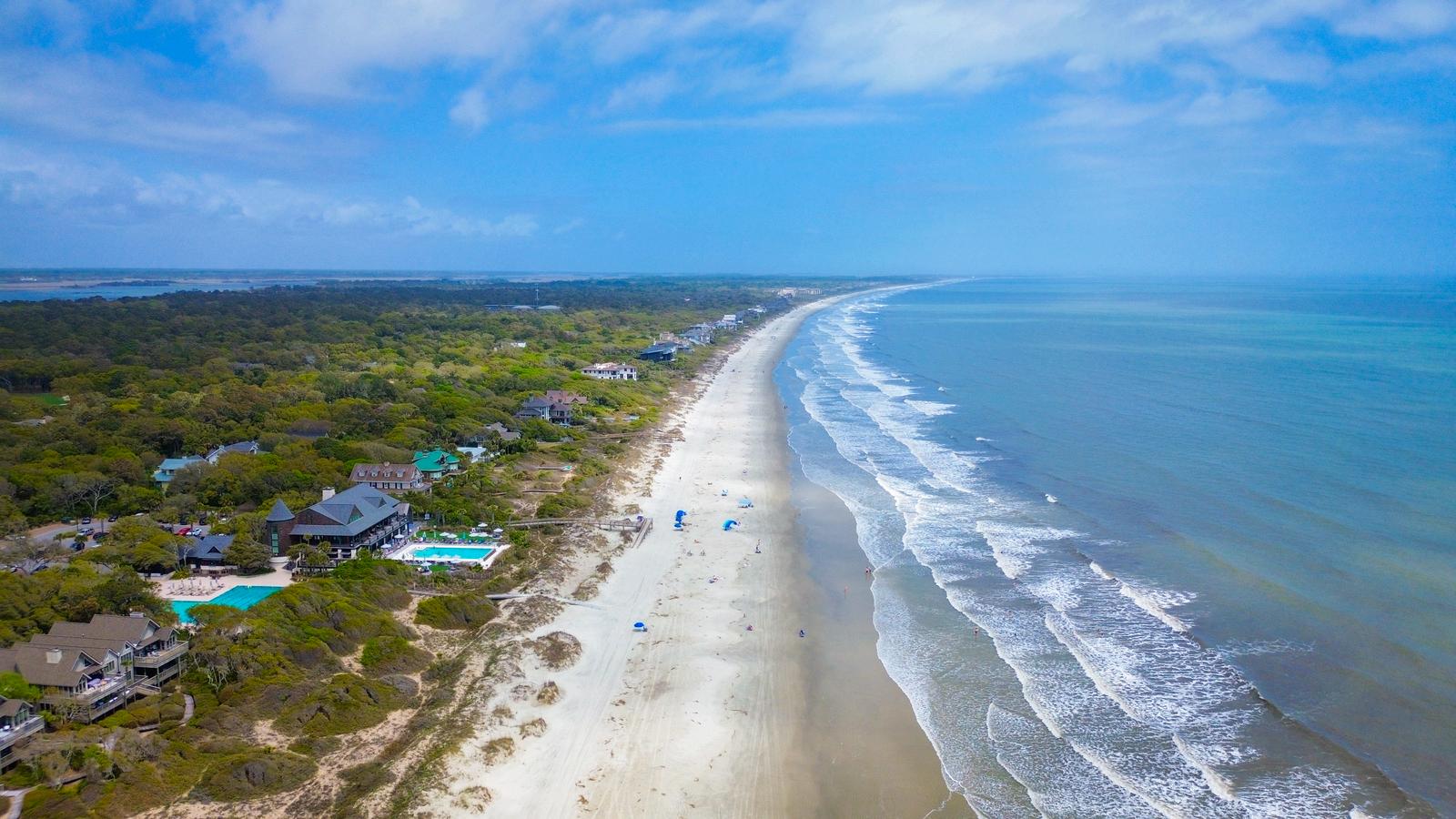
PropertyTax (No MunicipalTax)
Propertytaxes paid to Charleston County do not include anytaxes fortheTown
Million
Fees charged to businesses and shortterm rentals to be able to operate within the limits of the Town.
Fees for all construction projects, whether done by a licensed contractor or property owner.
Fees for collection and disposal of residential garbage, recycling, and yard debris. The Town absorbs curbside collection costs and provides a credit towards additional services for property owners.
Fees for the rights of specific businesses to provide services within the Town, such as electricity, cable, and beach operations
A uniform 1% tax on taxable sales. The state collects this tax and distributes a percent to municipalities in the county.
-Interest on Town investments.
-Beverage tax.
-State aid to local governments.
A tax tourists pay on their hotel or rental accommodations in the Town. Revenues from this tax must be spent on tourism-related expenditures except for the first $25K plus 5% of the remaining total revenues, which are allocated to the Town’s general fund. Allocation includes enhanced police protection through Charleston County Sheriff’s Office; Beach Patrol; and promotion of civic and arts and cultural events.
The Town levies a 1% municipal local accommodation tax. Revenues must be spent exclusively for things such as tourism development, cultural facilities, and access roads to tourist destinations.
Charleston County levies a 2% accommodation tax, of which a portion is distributed to municipalities where they were generated. The Town receives approximately 25% of the fees collected, for use on capital projects or services related to tourism promotion.
A tax paid by patrons of restaurants, grocery stores, and other establishments that sell and prepare food and beverages. The 1% tax is remitted to the Town by these businesses monthly.
$15.1 Million Unrestricted and
Town operational costs, such as employee compensation, department budgets, professional fees, consultants, insurance and maintenence.
Town-maintained roadways and leisure trails improvements.
Code enforcement, beach patrol services, and disaster planning and recovery. Law enforcement services contracted with the Charleston County Sheriff’s Office.
Funds allocated to Charleston Visitor Bureau for tourism promotion and marketing as required by state law.
Complimentary curbside service and a credit towards additional services for property owners and various collection options for renters. Expenditures also include garbage collection on the beach, Kestrel Court and KICA Administrative Building.
Allocation ofAccommodation and Hospitality taxes as required by state law.
Town’s allocation for additional police protection, beach patrol and beach garage collection Arts and Cultural Events Environmental Programs
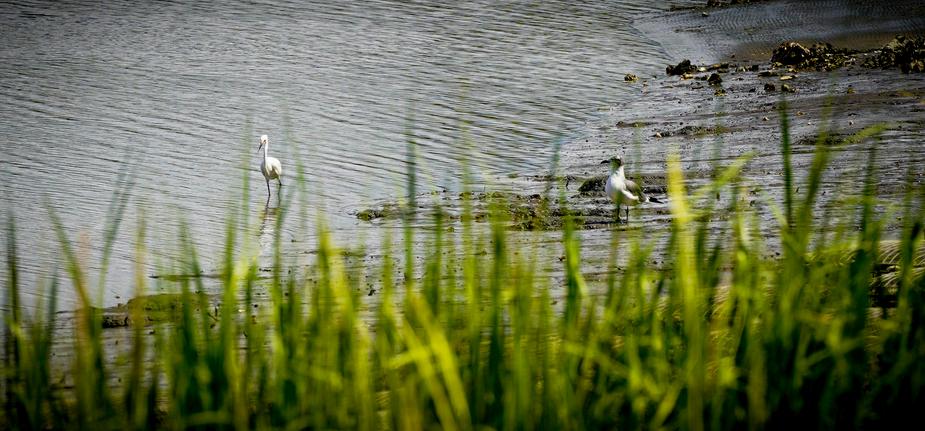
The Town’s charitable contribution program supports a variety of charitable organizations. The latest grant recipients can be found at: www.kiawahisland.org/charitable.

To view the Fiscal Year 2025-2026 Budget for the Town of Kiawah Island, South Carolina in detail, visit: https://www.kiawahisland.org/budget/index.php
